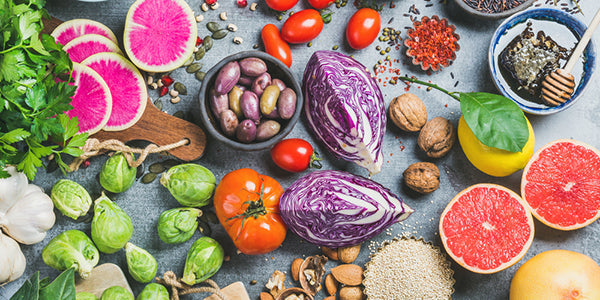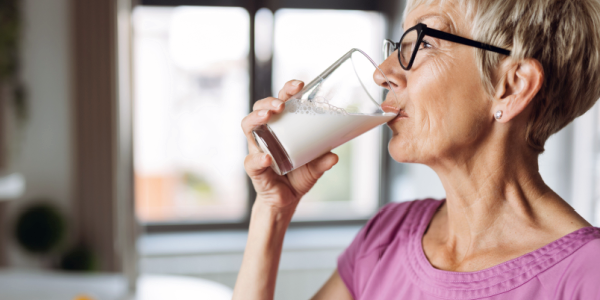
Why Your Child Should Help Prepare Meals
Opens the Conversation about Health
Exposing kids to food helps open the conversation about health. Discuss and educate how food affects the body, for better or worse, including its significances on weight and chronic diseases.
Encourages Kids to Try New Foods
Getting children in the kitchen reveals the world of food and just how ingredients can be transformed into meals. And since most kids like to eat the foods they prepare, this in turn encourages them to try new foods and what they personally prepared.
Inspires Better Food Choices
Early exposure in the kitchen can lead to lasting and lifelong habits. And if your child is exposed to healthier foods early on, their desire for "junk food" can be minimized. In fact, studies show that when kids are presented with healthy options, they will very often eat more nutritious selections over junk food, especially if they have a hand in the choices and preparation.
Forms A Healthy Relationship with Food
Not only can cooking with ingredients translate into healthy habits to, but forms a healthy relationship with food. Cultivating such relationships with foods dissociates their categorization of "good" and "bad" and surfaces their appreciation on how the nutrients they contain nourish and benefit the body.
Lowers the Risk of Obesity
Swapping out drive thru runs with home cooked meals is one of the best childhood obesity prevention measures. Balancing meals with a protein source, veggies, a complex carb, and healthy fat bursts with nutrients to keep the body full and nourished, ultimately facilitating a healthy body weight. And with obesity risks lowered, so is the likelihood of developing a chronic disease such as type 2 diabetes and heart disease.
Limits Screen Time
Screen time is essentially sedentary time, as children tend to sit down in front of the television, to play a video game, or scroll through the internet. Ongoing evidence suggests video games causes weight gain, with a study published in American Society for Nutrition, confirming video games increases food intake in teens. Swapping out a remote or game controller with cooking utensils can certainly synergize childhood obesity prevention measures. Ultimately, kids should be limited to two or fewer hours of screen time per day, while the American Academy of Pediatrics does not recommend TV for kids aged 2 or younger.
Facilitates Independence
Cooking is basic life skill, as the body requires nutrients to run. Cooking in the kitchen not only lessens the temptation of consuming less-than-nutritious foods but can allow kids to feel comfortable and take ownership of items they were able to prepare. And as time goes on and experience grows, the more independent and competent they will start to feel.
Strengthens Family Bonds
Getting the whole family in the kitchen can not only cultivate healthy habits, but strengthen bonds and create memories. Allow your child to get the dirty in the kitchen, as you the lasting memories will overshadow temporary messes.
Getting Your Child in The Kitchen
Spark their Interest
Their interest in food can start even before kitchen exposure... Spark your child's interest in cooking with food-themed books. From James and the Giant Peach to If You Give a Pig a Pancake, find 50+ children's books about food here.
Start Small
The assigned tasks in the kitchen are mostly age-dependent, including having them empty out the grocery bags, rinse off veggies, pour and stir ingredients, and set the dining table. You can further build on skills and introduce new ones as desired and needed.
Ask Their Opinion
Rather than hearing, "I don't like what's for dinner!" ask their opinion on the matter, allowing your child to suggest and plan meals. This can further strengthen their confidence and independence of preparing well-balanced meals, especially if involved from start to finish of shopping for groceries and plating and serving.
And Remember, Patience
Being patient is critical in the kitchen. Cook with your children when you have time to be, not when crunched for time. These experiences should form positive associations, not negative correlations to anxiousness and frustration. Have fun and relish in these moments!







